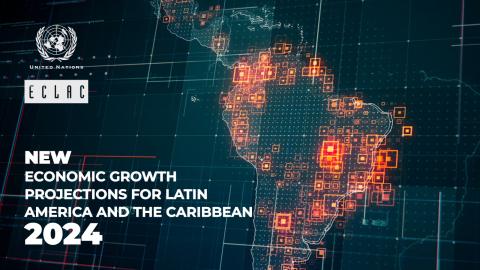News
The Caribbean region needs to take full advantage of the data revolution. Big data - a critical element of this revolution - is the term used to describe the enormous amount of digital information that is generated when people go about their daily activities, including shopping, talking, texting, internet surfing, and traveling. It also includes information about natural phenomena generated and/or transmitted by machines, including satellites.
The main characteristics of these data that qualify them as Big data are that they are large in volume, they are generated very frequently and they cover a multitude of issues from a great number of sources.
ECLAC Caribbean considers this an opportune time to explore this phenomenon, drawing on the knowledge of experts around the region to address Big data, its implications and uses.
Hosted at ECLAC Caribbean’s headquarters on 24 August 2015, an expert group meeting will bring together representatives from the National Statistical Offices of the Caribbean region as well as other experts in information and communications technology to discuss the way forward.
So far, Big data has been harnessed mostly by the private sector, and now governments in the region need to get on board and take full advantage of the challenges and opportunities.
In order to empower people through increased civic participation, formulation of better policies, better decision-making, and greater accountability for better outcomes, data and statistics need to be produced on a broader range of issues, frequently and more timely.
This is a tall order for the national statistical system of most countries in the Caribbean. Already the Caribbean is regarded as data-poor, and Big data presents many opportunities for the region. To take full advantage of these opportunities, statistical capacity building and institutional changes are imperative.

